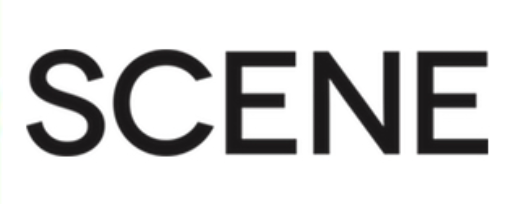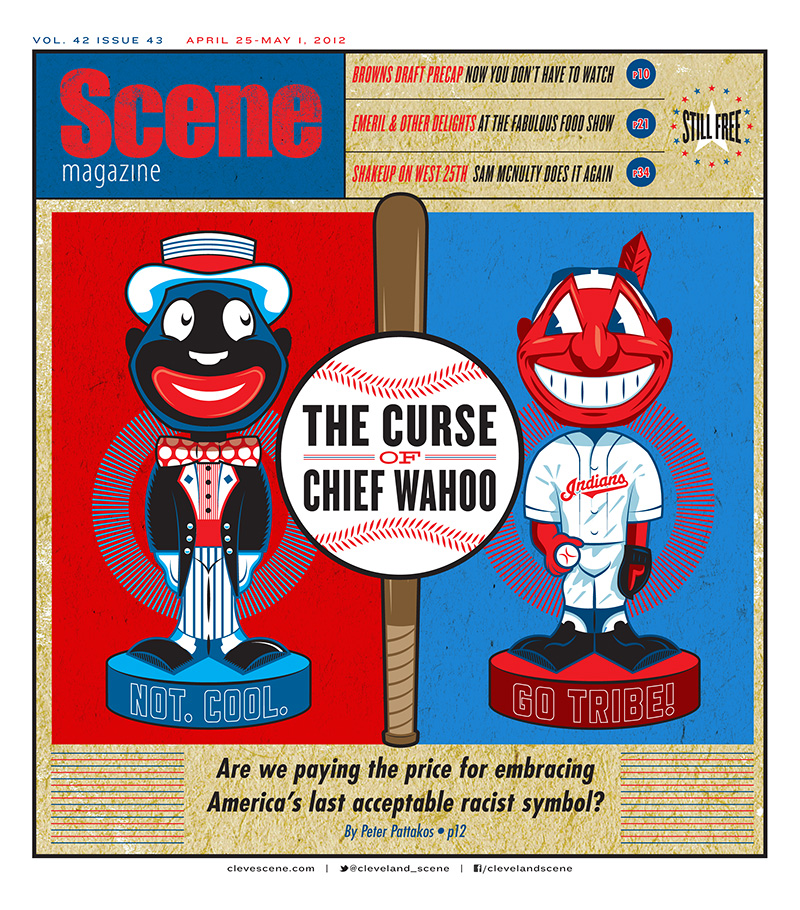On April 11, the Coalition against the Sin Tax (“CAST”) formally presented an alternative to the 20-year $260+ million Sin Tax that’s been proposed to pay for maintenance of Cleveland’s three pro sports facilities, on the ballot in Cuyahoga County this May 6 as Issue 7.
In response to CAST’s proposal, the political and business leaders responsible for the Pro Sin Tax “Keep Cleveland Strong” campaign (“KCS”) issued what Belt Magazine’s Dan McGraw called a “fierce … aggressive, arrogant retort,” “terminally flawed [in its] logic.”
A closer look at the Pro Sinners’ “terminally flawed” response to CAST’s proposal shows just what a bad deal Issue 7 is for Cuyahoga County. It also shows how badly democracy fails in a political system where the influence of money on elections is effectively unlimited.
CAST’s proposal, available here and embedded in full below, is for a “Fair Share” Facility Fee — a government-imposed surcharge of $3.25 to be added to each of the 4-or-so million tickets sold for all events at the three sports facilities each year. Based on the most recent attendance numbers, the Facility Fee would raise the same amount of revenue as the proposed Sin Tax, and would fairly put the burden to maintain the facilities on those who actually use and profit from them.
We already know that a facility fee is a workable solution for several reasons, including because the Cavaliers and Quicken Loans Arena already pocket a $3 Facility Fee for every event at the Q that doesn’t involve one of the teams that Dan Gilbert owns. This includes monster truck shows, comedy shows, and mid-major college basketball games like the MAC Conference tournament. CAST’s plan merely extends the implementation of this fee that Dan Gilbert already charges to hundreds of thousands of Quicken Loans Arena customers annually.
And the greatest benefit of CAST’s facility fee plan is that it would shift the burden of maintaining the facilities back on to the owners who take hundreds of millions of dollars of profit from them. This was discussed recently by stadium-funding expert Neil deMause at his website Field of Schemes. As deMause explained, the team owners are already setting their prices as high as the market will bear, so “the most likely scenario” that would result from the implementation of a facility fee would be “that the Indians, Browns and Cavs would all cut ticket prices by [the amount of the fee] to keep maximizing the amount of revenue they get from ticket sales.” This is why, according to deMause and basic common sense, “virtually all economists count ticket taxes as part of a team owner’s contribution to a stadium project, even though it’s technically public tax money.” A facility fee “ultimately comes out of the owner’s pocket,” deMause says, making it “a great way for Cuyahoga County to live up to its lease commitment to fund upgrades to Cleveland’s sports facilities without hitting up local taxpayers.”
Which means that the “Keep Cleveland Strong” campaign got it exactly backwards with their press release in response, titled: “New tax proposal would punish Cuyahoga County families and sports fans, hurt city.” In this release, KCS called CAST’s proposal “terribly flawed,” a “peculiar idea,” the result of a “confusing thought process,” and “the latest in a steady stream of wobbly ideas,” that would “make it even more difficult for Cuyahoga County families to attend sporting events.” The release quoted a pair of County Councilmembers and Cleveland City Council President Kevin Kelley on the idea that a facility fee would “punish families.”
“[U]nder this deficient plan for a new tax, families would likely go to fewer games,” Kelley said.
“By pricing families out of games,” said County Councilman Pernel Jones, the proposal “puts jobs at risk.”
And County Council President C. Ellen Connally called the plan “a new, large tax that hits families the hardest.”
Nowhere in the KCS press release is there even a hint of the possibility that the facility fee plan would actually shift the burden for maintaining the facilities off of the public and back on to the sports team owners, let alone that “virtually all economists” believe that it would. Instead, the County’s elected officials and their corporate sponsors are trying to scare voters into believing the exact opposite is true, despite basic common sense and the opinions of “virtually all economists” to the contrary.
Which is all completely apart from the absurdity of the suggestion that a $3 facility fee would scare ticket buyers away when $5 sodas and $8 beers don’t.
CAST has identified a workable solution that, unlike the Sin Tax, would take the burden of maintaining the facilities off of taxpayers, and put it back onto the owners, helping to ease the pain inflicted by the lopsided owner-friendly leases that were signed back in the nineties. The County’s political and business leaders are not only refusing to consider it, they are aggressively distorting the truth about it to benefit a small fortunate handful at the expense of the great majority of their constituents.
The easiest way to understand this disconnect is as a case study on the inability of elected officials to stand up to the demands of moneyed interests in a system that’s abandoned all control on the influence of cash on government. The County’s politicians can’t afford to consider obviously preferable alternatives to the Sin Tax, because they know they need money from the corporations backing Issue 7 if they’re going to have any hope of staying in office.
Which also goes a long way to explain how Cleveland has become a city with more than half its children living in poverty, the second-worst public school system in the nation, third-world infant mortality rates, a vanishing middle class, and a City Council President who says with a straight face that voters should pass Issue 7 because it will “Keep Cleveland Strong” by “simply continu[ing] the system we have had in place for 24 years.”
Rejecting Issue 7 is a small but sure way to demand better than this. That our politicians won’t require it makes it all the more important that voters do.
RELATED:
What it really means to say ‘Keep Cleveland Strong’
Art Modell Hostage Economics Do Not Keep Cleveland Strong
UPDATE:
Pittsburgh Steelers to finance $40 million in stadium improvements without a dime of public money
—————
In a piece on CAST’s facility fee proposal at the Plain Dealer, a newspaper that endorsed the Sin Tax before County Council even approved it for the ballot, columnist Mark Naymik also completely failed to consider the perspective, shared by “virtually all economists,” that a facility fee would “ultimately come out of the owners’ pockets.” Instead, Naymik parroted the Pro Sinners’ line that “a new facility fee will stress the very folks the anti-sin-tax coalition claims it is trying to protect.”
—————
CAST hopes to hear shortly from “Keep Cleveland Strong,” Councilpersons Connally, Jones, and Kelley, and Mr. Naymik on their respective failures to consider the conclusion shared by “virtually all economists” that a facility fee would shift the burden of maintaining facilities back on to the team owners.
—————
To stay updated on CAST and Issue 7, please join the CAST facebook group and follow CAST on Twitter at @noCLEsintax. CAST is registered with the Board of Elections and is accepting donations via PayPal.
—————




